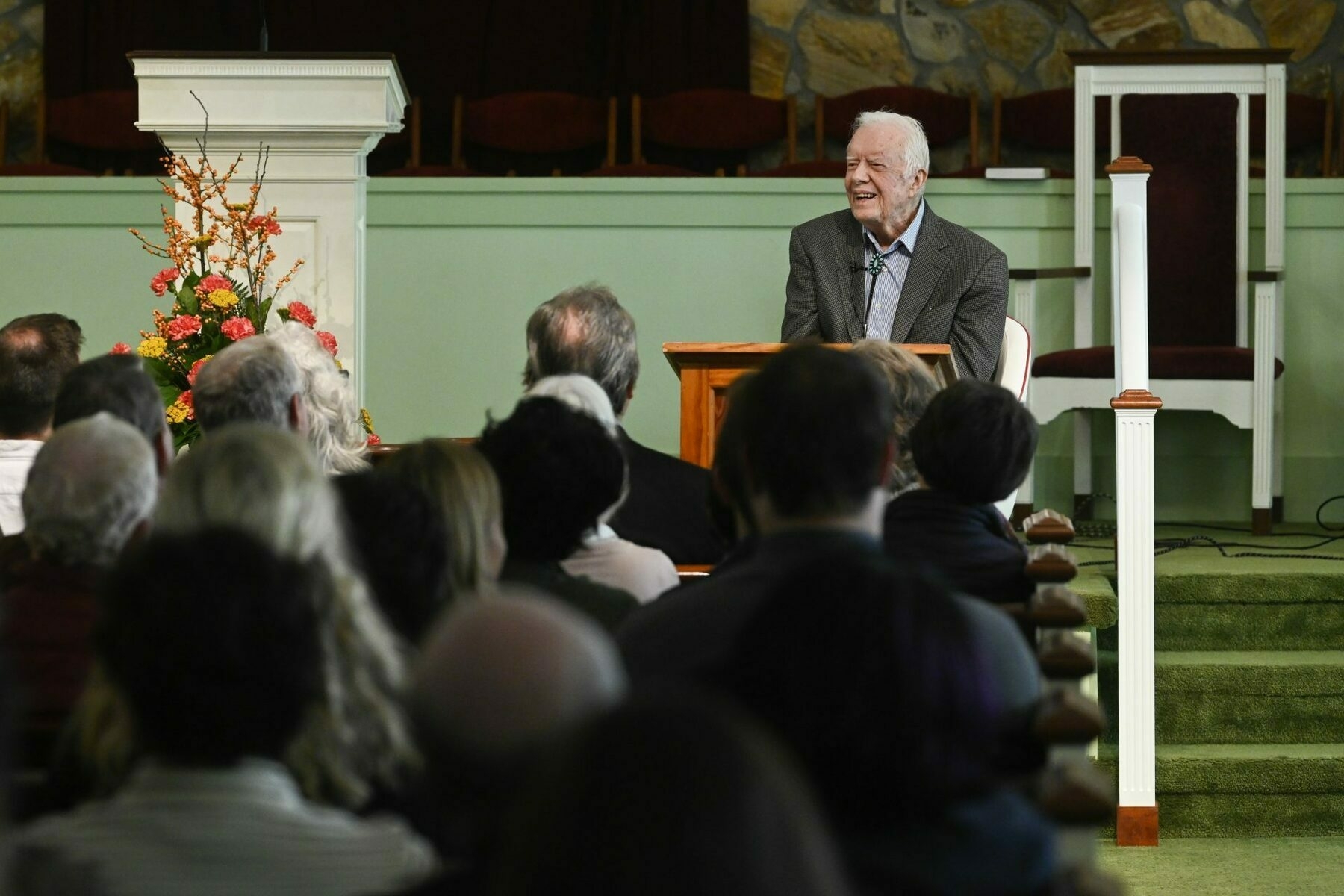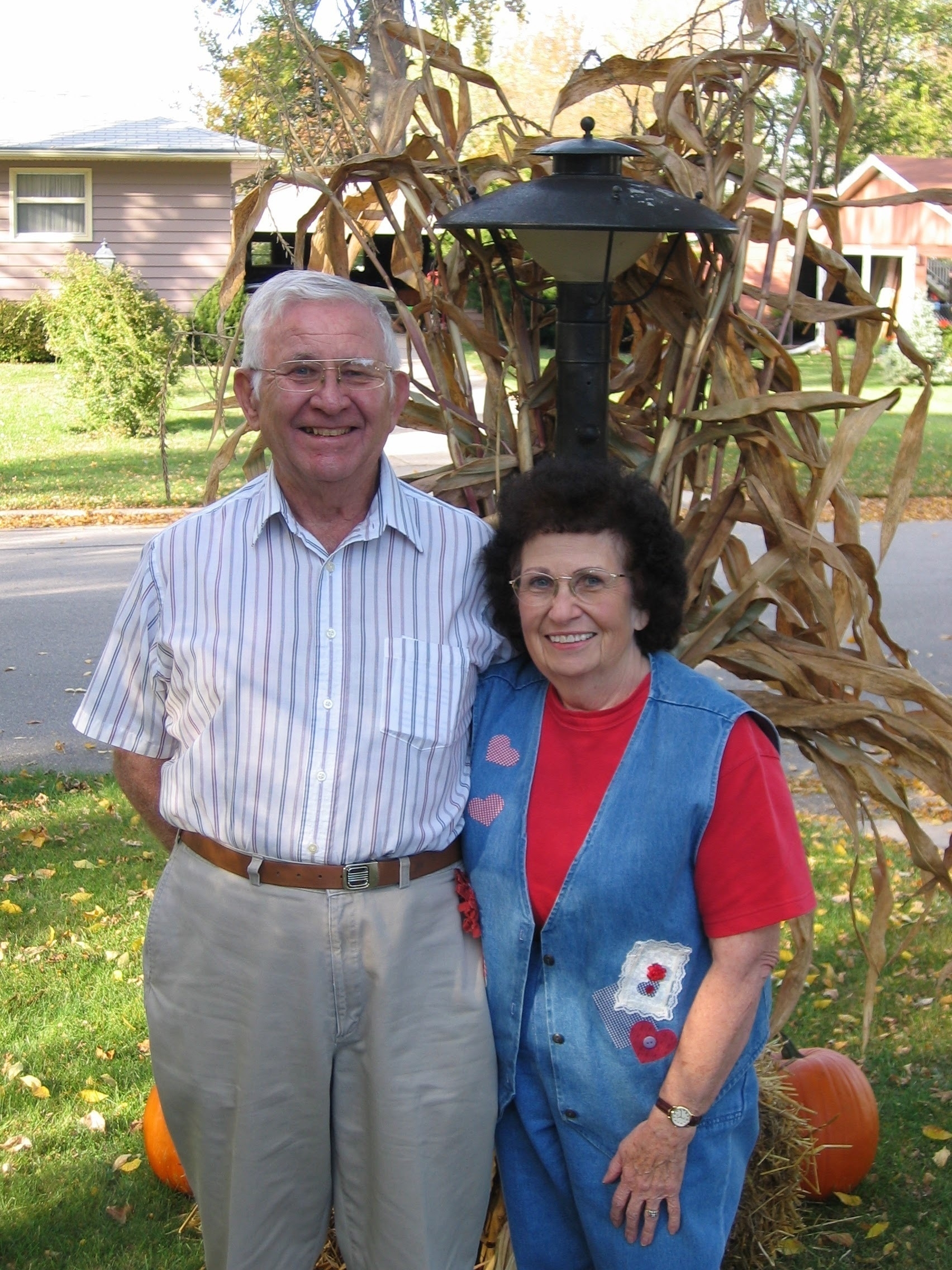On Jimmy Carter and Evangelical salvation anxiety
Former president Jimmy Carter’s state funeral is today. Carter, perhaps one of the most famously evangelical Christians of the 1970s, continued to work in service to God and his neighbor for the four decades after he left the White House. Whether it was building houses with Habitat for Humanity or teaching Sunday School at his local Baptist church, he maintained the humble integrity that was the hallmark of his presidency.

To recognize this, Christianity Today editor Russell Moore (a famous evangelical and Baptist of the current decade) writes in CT today arguing for Carter’s salvation. That, 50 years after his election to the presidency, this is still the topic of debate in the evangelical world highlights the level of anxiety rampant in evangelicalism, even (or maybe especially) in determinism-friendly Calvinist evangelicalism, about salvation assurance coming through having the right doctrine and cultural positions.
I keenly remember this discussion in family settings when I was a kid. My grandparents were all faithful members of mainline Protestant churches (United Methodist and ELCA), and from the midst of our most fundamentalist evangelicalism there were anguished family discussions about whether or not they were “really saved” because they couldn’t/didn’t articulate the Gospel message the way we learned and shared it. As a young teenager I knew enough that I was supposed to be concerned for them, and suspicious of the churches they attended.
My paternal grandfather passed away in 2010, and opportunity of his funeral and the family gatherings around it gave me the chance to hear stories I’d never heard before. I knew my grandpa as a hard working, blue collar guy who loved his family and liked to tell a good joke. I knew from our visits to their house that he was a diligent member of his Lutheran church, with a big cross necklace hanging over his necktie as he headed out the door on Sunday morning. But then I heard about his other practical service. He was a zillion-gallon blood donor. For years he arranged rides so that mentally impaired residents of the local group home could attend church. And I started to ask myself: if evangelicals suspected this man, who faithfully loved his family, was baptized, confessed the historic creeds, participated in the Eucharist regularly, and served his neighbors, was likely “not saved” because he didn’t articulate the same Gospel presentation or support the same political party they did, maybe something was wrong with their (our) evaluation grid.

I was a couple years into my early evangelical deconstruction at that point, but the realization triggered by my grandpa was a significant further step in that direction. Is God really going to put on eternal blast those faithful folks who just didn’t articulate “the gospel” quite right? And how right do you have to be to be “right enough”? (There’s that evangelical anxiety!) And if we can logically posit that even the theologian who has it the most right (I think at this point I was using Al Mohler or John Piper in this argument) is wrong about maybe 10% of his theology, how does he know which 10%? And why doesn’t that inspire a little more humility in his approach to others? And does it really make sense then to believe or fear that there’s some threshold of theological accuracy to pass the heavenly gate?
Fast-forward to today. I now, too, am a member of a mainline Protestant church. I am quite convinced that the hallmarks of a “real faith” are a love for God demonstrated in a loving service to those around us, not in some doctrinal or political purity test. I’m also pretty convinced that, through Jesus, eternal reconciliation is coming for everyone, but that’s a different post.
If you are still anxiously in the middle of the evangelical game of trying to establish a level of doctrinal understanding and correctness that’s “good enough” for God and your church leaders, friends, it’s time to take a lesson from WOPR: the only winning move is not to play.